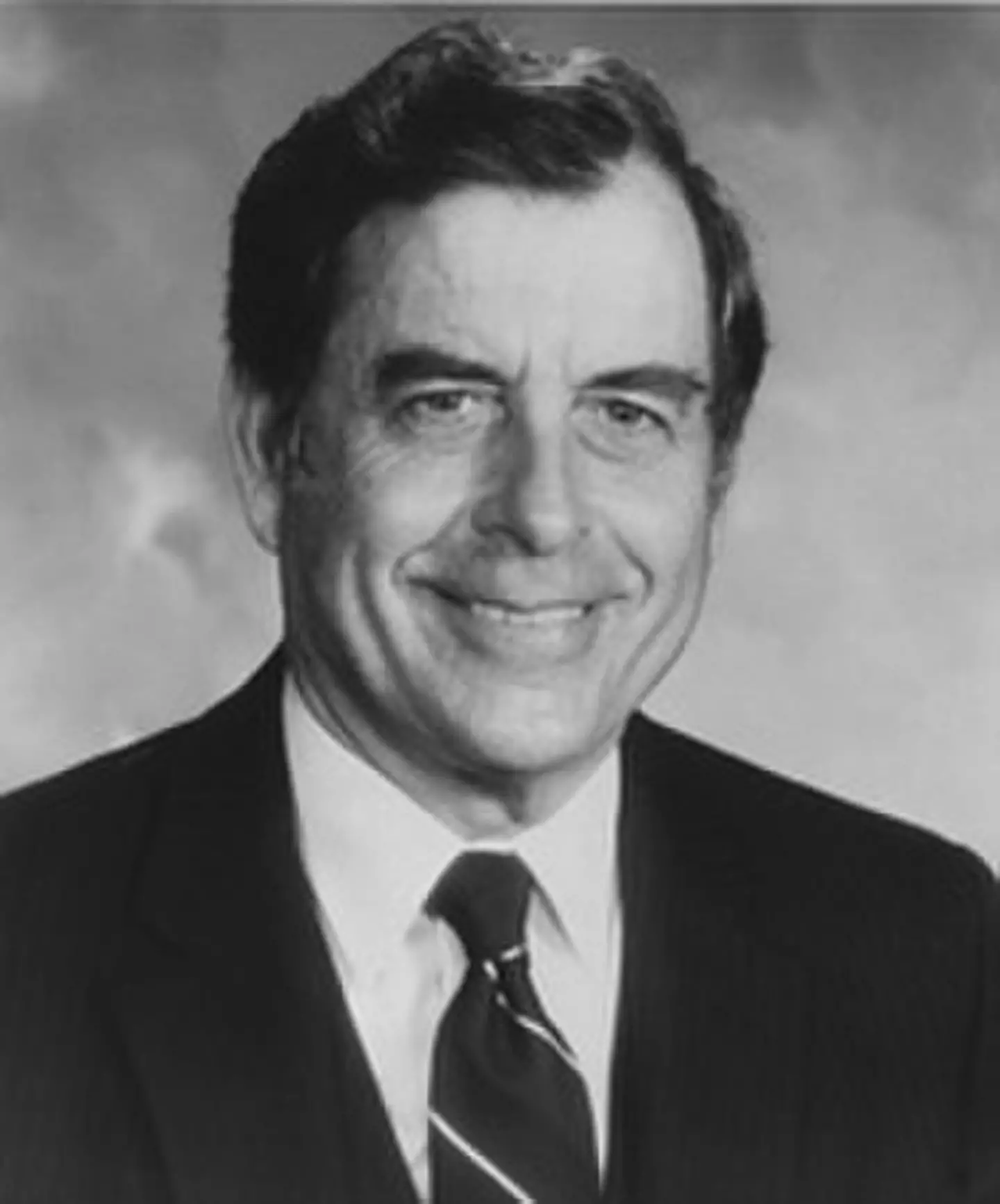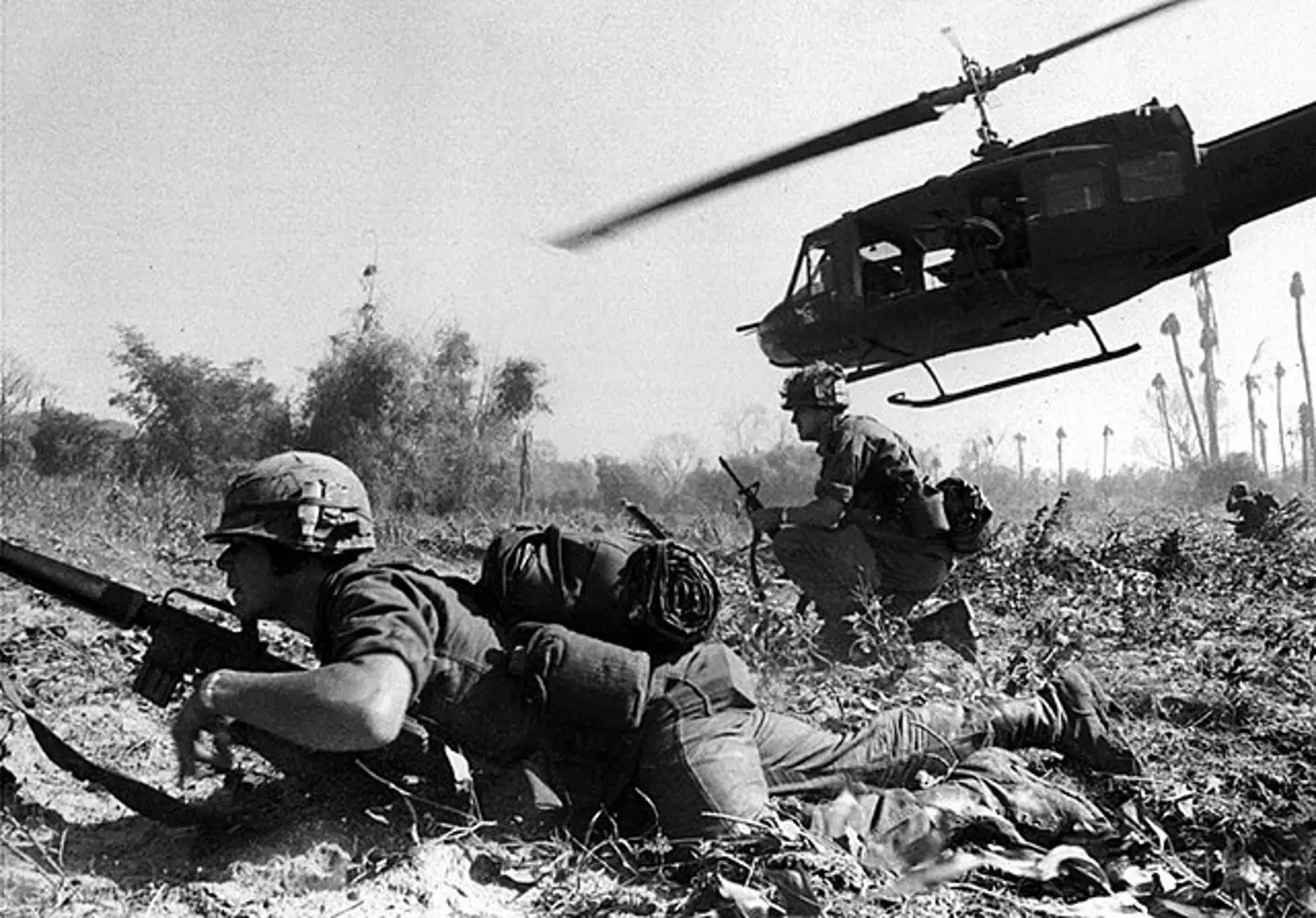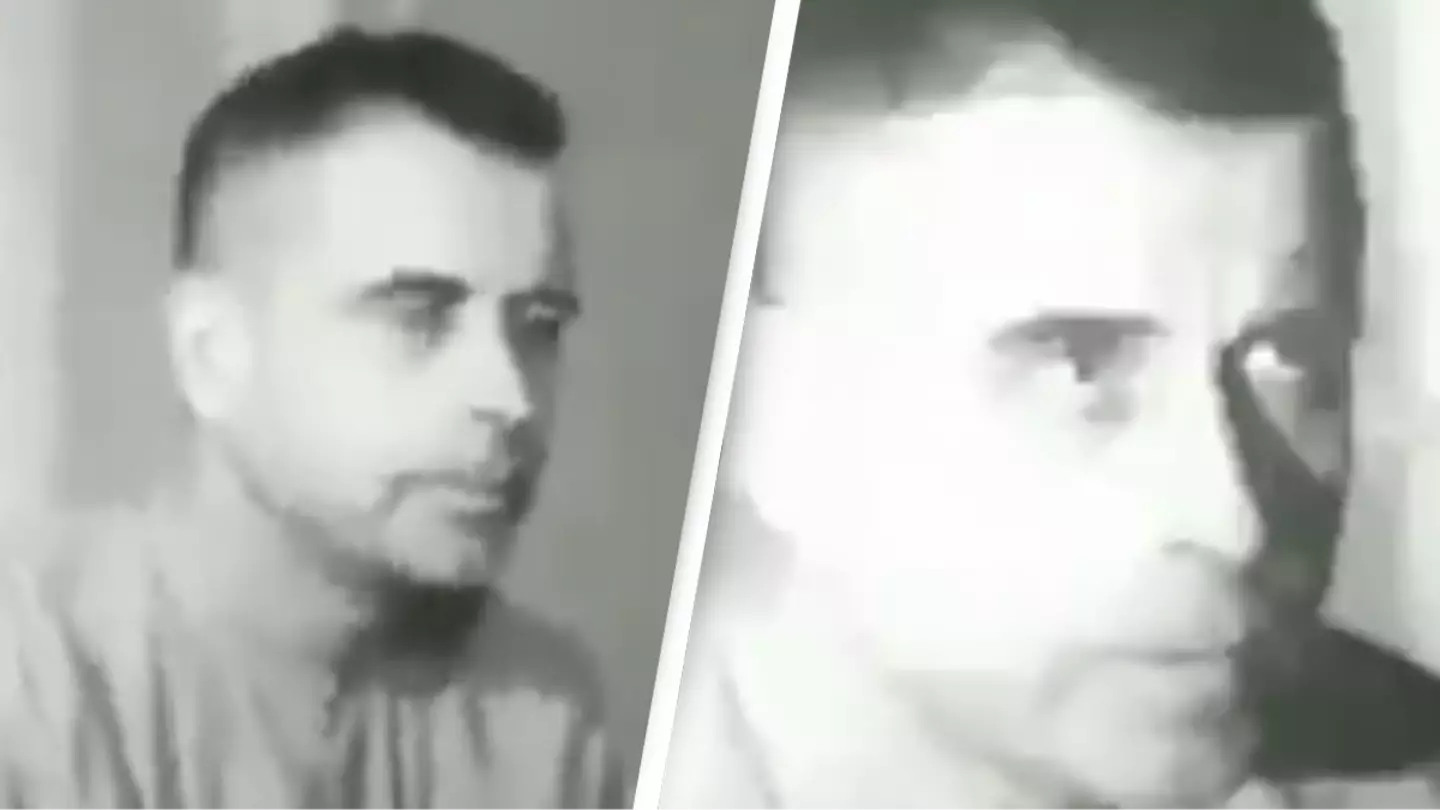Warning: This article contains descriptions of torture which some readers may find distressing.
A US military officer took a significant risk after his capture as a prisoner of war in Vietnam, where he was coerced into reading a message for a propaganda video.
On July 18, 1966, US Navy Commander Jeremiah Denton Jr. was shot down over North Vietnam and taken as a prisoner of war.
A year later, he was interviewed by a reporter for a propaganda campaign intended to demonstrate that prison guards were adhering to human rights standards. Despite stating that he received “adequate food, clothing and medical care,” the reality was different, as shown by his eyes:
In 1965, Denton led a twenty-eight aircraft bombing mission targeting a military installation in North Vietnam when his A-6A Intruder jet was downed by enemy forces near Hanoi.
Denton and his bombardier Bill Tschudy ejected from their aircraft and parachuted to the ground, only to be captured and imprisoned. Denton became one of the earliest and highest-ranking officers captured in the northern region of the communist country.
During the propaganda interview, he resisted his captors’ demands regarding what he should say.
When asked about US government actions, he responded, “I don’t know what is happening but whatever the position of my government is, I support it. Whatever the position of my government, I believe in it, yes, sir. I am a member of that government, and it is my job to support it, and I will as long as I live.”
Moreover, he undertook the risk of sending a covert message to anyone in the US who might view the recording.

Denton blinked in Morse code to communicate the true nature of his confinement and torture, spelling out the word “torture.”
This secret code and his overt support for his country and government were maintained despite knowing he would face torture once the camera stopped rolling.
Denton’s resolve remained unbroken, even though he spent seven and a half years in various POW camps, including four years in solitary confinement in a small, windowless cell.
In a 1979 interview with the LA Times, Denton spoke about the torture he endured while imprisoned.
“They beat you with fists and fan belts,” he revealed. “They warmed you up and threatened you with death. Then they really got serious and gave you something called the rope trick.”

He explained that the rope trick involved using ropes to cut off circulation in his limbs, resulting in numb fingertips and painful muscle spasms.
In 1973, Denton and Tschudy were released as part of Operation Homecoming, which facilitated the return of 591 American POWs held by North Vietnam.
The operation followed the Paris Peace Accords, which ended US involvement in the protracted conflict.
Denton later served as the US Senator representing Alabama from 1981 to 1987 and passed away in 2014 at the age of 89.

